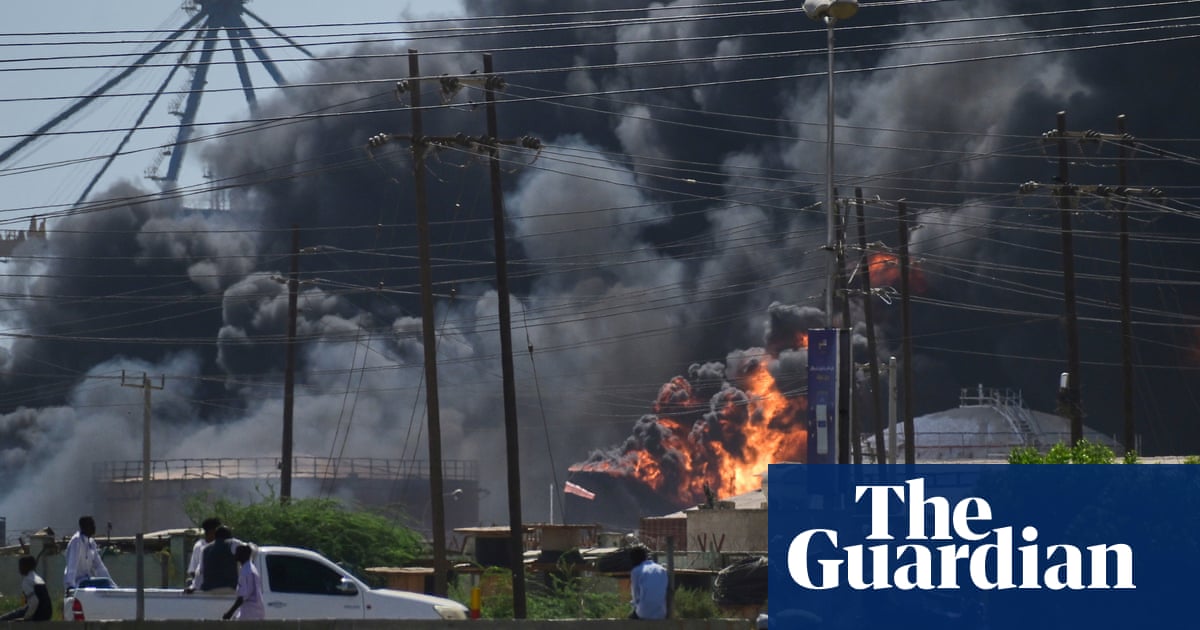Sudan’s security and defence council has declared that it will break diplomatic relations with theUnited Arab Emiratesover its alleged backing of the paramilitary Sudanese Rapid Support Forces.
During a televised speech on Tuesday, Sudan’s defence minister, Yassin Ibrahim, saidSudanwas “severing diplomatic relations with the UAE” and recalling its ambassador, claiming the Gulf nation had breached Sudan’s sovereignty through its RSF “proxy”, which has been fighting the army in a bloody civil war since April 2023.
The UAE insists it does not provide arms to the RSF, and on Monday fended off an attempt to persuade the international court of justice in The Hague toexamine Sudan’s claims the UAE was complicit in a genocide in Darfur. The ICJ said it could not examine the claim because the UAE, a party to the genocide convention, had put in a reservation that prevented the ICJ adjudicating on claims that the UAE had breached the convention.
Sudan’s diplomatic move came as alliance of aid agencies working in Sudan expressed deep concern about what it described as “the deliberate targeting of critical infrastructure in Port Sudan”, the main artery for aid into the north African country.
A succession of drone and missile attacks, starting on 4 May, have hit Port Sudan international airport, fuel storage facilities, the maritime port, at least one hotel, as well as water and power facilities, in direct violation of the fundamental principles of distinction and proportionality under international humanitarian law, the NGOs said.
They said: “These assaults have caused widespread fires, heavy smoke over residential areas, and flight cancellations, further endangering the lives and wellbeing of thousands of innocent civilians”.
Since the conflict’s outset, aid agencies have depended on Port Sudan – and particularly its airport and seaport – as the main conduit for international assistance. It has also become the home to many internationally displaced people relocated from different states.
TheUnited Nationshas been forced to suspend humanitarian flights to Port Sudan after these strikes, a step that wil inevitably limit the delivery of lifesaving aid.
The agencies said damage to power stations was also forcing them to rely on generator power, raising concerns about looming fuel shortages.
They said: “Further bombardment of energy and water infrastructure will deepen the risk of disease outbreaks, malnutrition, and protection crises among the most vulnerable, including women, children, and the elderly. It will also severely constrain aid agencies’ ability to respond to the growing needs in Sudan.
“We urge all parties to the conflict to fully respect their obligations under the Geneva conventions, to differentiate between military objectives and civilian objects, and to facilitate unimpeded humanitarian access to all areas in need.”
A British-led effort to set up a contact group among the external states both in the region and in the west to help take the first steps to create a broad roadmap for peace foundered at a London conference, partly due to differences between the UAE and Egypt.
